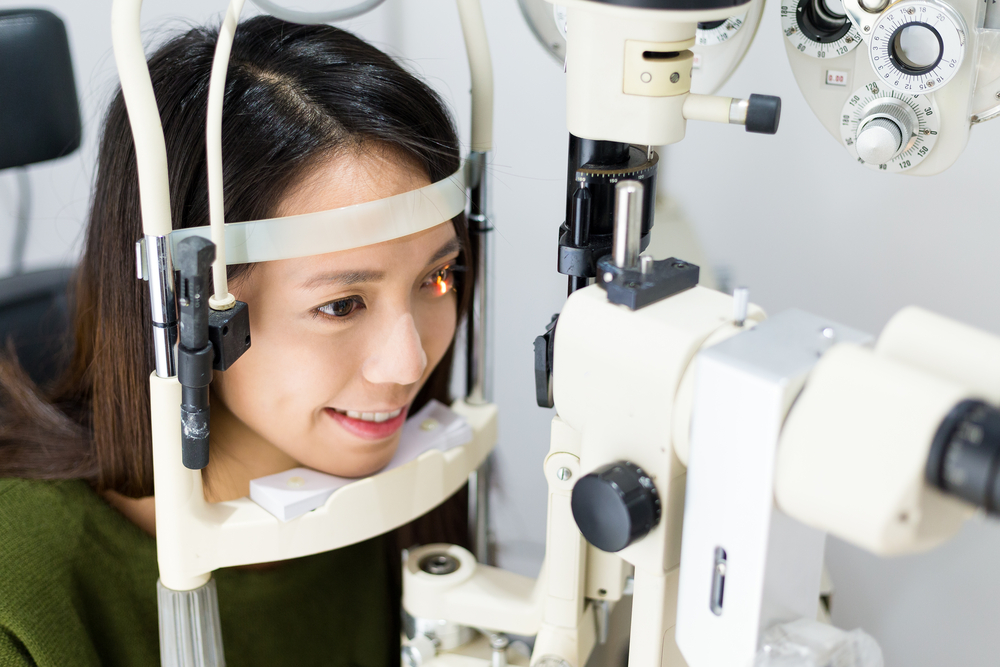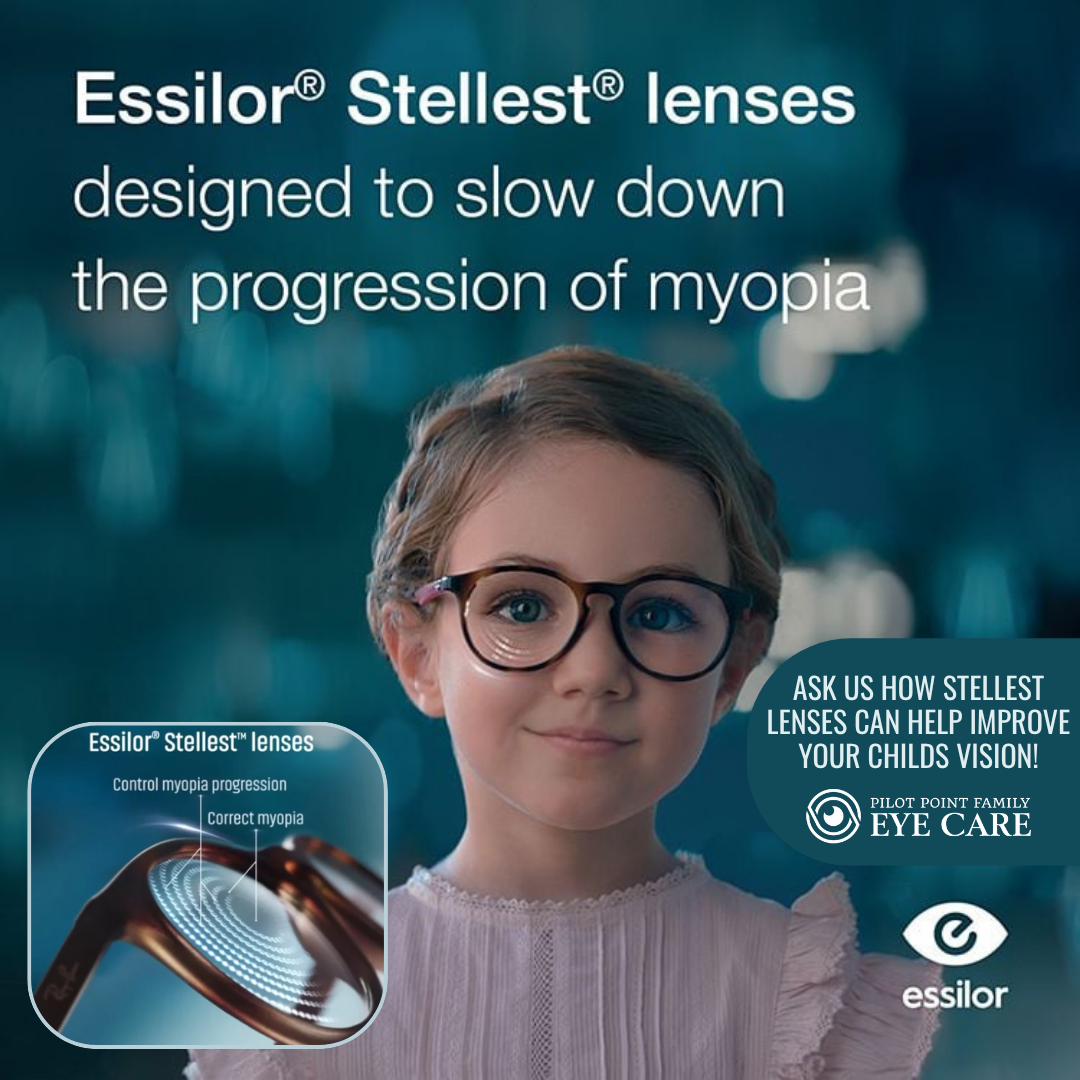
Our eye health can be maintained through regular check-ups and screenings. However, not all eye check-ups are created equal. There are comprehensive eye exams and routine vision screenings, both of which serve different purposes and have diverse processes. Understanding these differences can help you make informed decisions about your eye health.
What Does a Comprehensive Eye Exam Entail?
Comprehensive eye exams are a detailed evaluation of your eyes and visual system. These examinations are performed by an eye an optometrist. Comprehensive eye exams are designed to detect any signs of eye diseases, vision problems, and other health issues that can affect your eyesight.
During a comprehensive eye exam, your optometrist will perform several tests to evaluate your vision and check for eye diseases. They may use various instruments, shine bright lights directly at your eyes, and request that you look through several lenses. Each test during an eye exam evaluates a specific aspect of your vision or eye health.
Comprehensive eye exams also check the overall health of your eyes. This includes checking for signs of serious health issues such as glaucoma, macular degeneration, diabetes, and even cancer.
What Are Routine Vision Screenings?
Routine vision screenings are basic eye checks that aim to identify individuals with vision problems or eye conditions that may need further investigation. These screenings are usually performed by pediatricians, school nurses, or during a general health check-up.
Routine vision screenings typically involve simple tests that can quickly identify vision problems. These tests may include reading an eye chart at a distance, using a hand-held instrument called an ophthalmoscope to examine the eyes, and other basic tests to check eye movement and alignment.
While routine vision screenings can detect common vision problems, they cannot diagnose them. If a problem is found during a screening, you will be referred for a comprehensive eye exam for a more thorough examination and diagnosis.
Comprehensive Eye Exams vs Routine Vision Screenings: What is the Difference?
The primary distinction lies in the depth and breadth of examination. Comprehensive eye exams provide a thorough evaluation of your eyes and visual system, while routine vision screenings offer a more basic check-up.
Routine vision screenings are designed to identify signs of vision problems or eye conditions, but they cannot provide a diagnosis or detailed evaluation of your eye health.
On the other hand, comprehensive eye exams can detect not only vision problems but also eye diseases and other health issues that can affect your vision. They provide a complete picture of your eye health, making them an essential part of maintaining good vision and overall eye health.
How Often Should You Get a Comprehensive Eye Exam?
The frequency of comprehensive eye exams depends on several factors such as your age, risk factors, and whether you're currently wearing glasses or contact lenses. As a general rule, children should have their first comprehensive eye exam at six months of age, another exam at age three, and again at the start of school. School-aged children should have an exam every two years unless they wear glasses or contact lenses, which requires annual exams.
For adults, the frequency will depend on their age group. Those between 18 to 60 should have an exam at least every one to two years. However, adults aged 61 and older should have an annual exam. If you have risk factors for eye diseases or are experiencing eye problems, your eye doctor may recommend more frequent exams.
Conclusion
Routine vision screenings provide basic checks that can identify potential vision problems, while comprehensive eye exams offer a detailed evaluation of your eye health, allowing for the detection and treatment of eye diseases and other health issues.
Prioritize your eye health today and schedule a comprehensive eye exam at Pilot Point Family Eye Care in our Pilot Point, Texas office. We provide quality eye care services and products for the entire family. Call (940) 248-9868 to schedule an appointment today.












